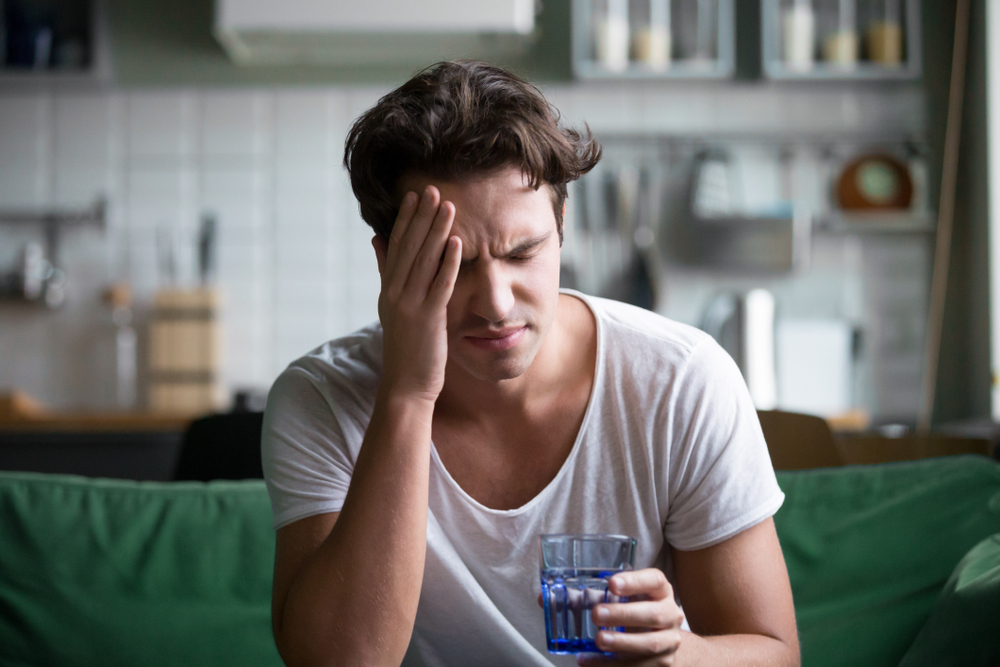Causes, Symptoms, and Treatment of Headache
A headache is one of the common complaints that most people irrespective of age, gender or race experiences at some point of time in their lives. Not all the time it indicates any underlying medical issues but yes certainly there are problems associated with it that need to be treated immediately. Most of the time, a mild headache is harmless and goes away by over the counter medicines.
Causes
The causes of a headache are classified as primary and secondary. Primary aches are harmless and stand-alone discomfort caused due to stress, anxiety, over activities or due to the structural problems in the head that are pain sensitive.

Secondary aches are caused due to some underlying medical conditions like a brain tumor, bleeding, Glaucoma, influenza, meningitis, stroke, panic attacks, etc., to name a few. If the ache is accompanied by fever, confusion, muscle stiffness, etc., immediate consultation of the doctor is required.
Symptoms
- Sometimes the aches are focused usually above the eyes with a sense of tightness at the forehead and at the back of the neck. This kind of aches generally last for a few hours but does not get worsened with activity. These are generally caused due to tension and stress and once the tension is gone, the ache will also be gone.
Treatment
Most of the headaches go away by taking over the counter medicines. However, if medications aren’t helpful, there are other treatment procedures which are discussed below.
- Stress management
These courses teach how to handle stress effectively and relieve anxieties. - Hot and cold therapy
Placing an ice bag or a hot pad over the head for five to ten minutes several times a day will relieve the pain. - Biofeedback
This is a kind of relaxation procedure that helps with the management of pain. - Acupuncture
This is an age-old technique of reducing tension by inserting needles in certain parts of your body. Reducing tension, in turn, reduces headaches. - Cognitive therapy
This is generally a behavior therapy where patients are engaged in a talk class with the instructor who helps the patients to identify situations that make them feel anxious and stressed. They also learn how to cope up with these tensions and stresses in life. - Exercise
Doing regular exercises not only keeps the body healthy but also elevates the mood. Regular exercises increase the production of certain chemicals in the brain that helps to feel more relaxed and happier.

